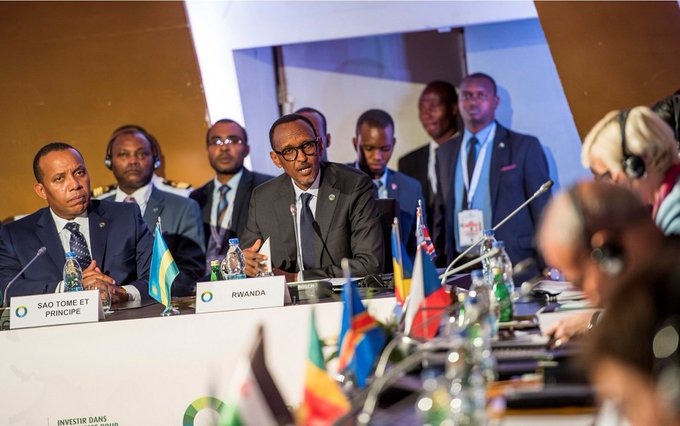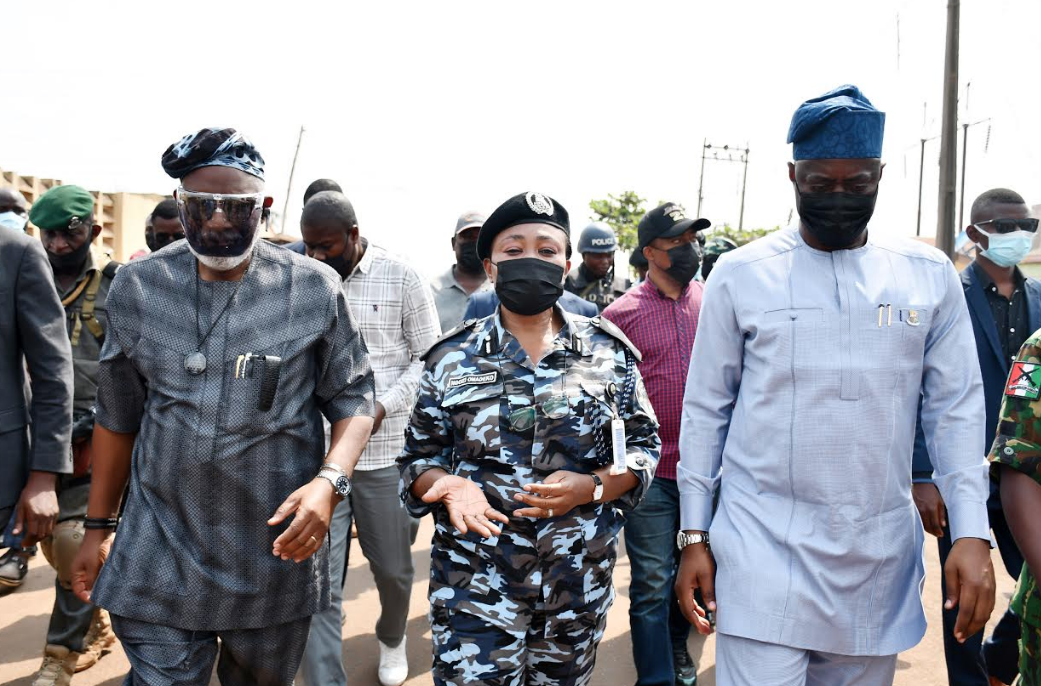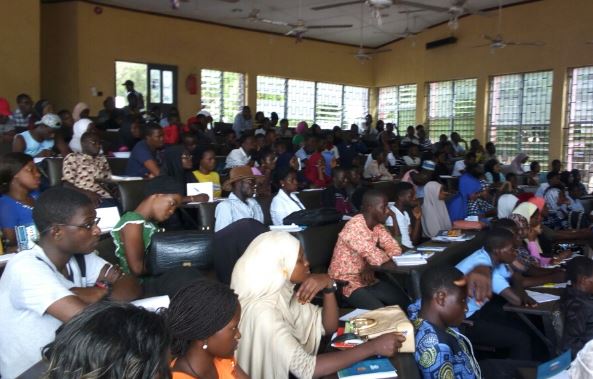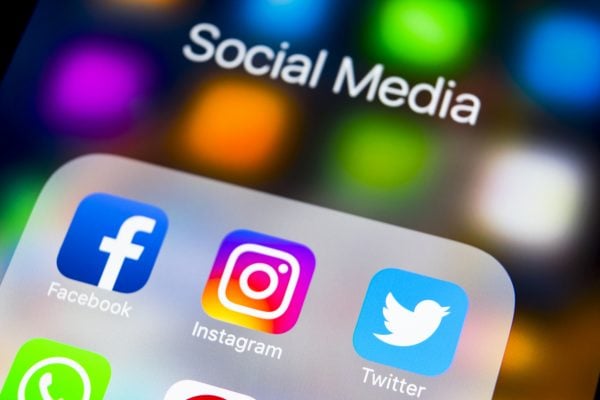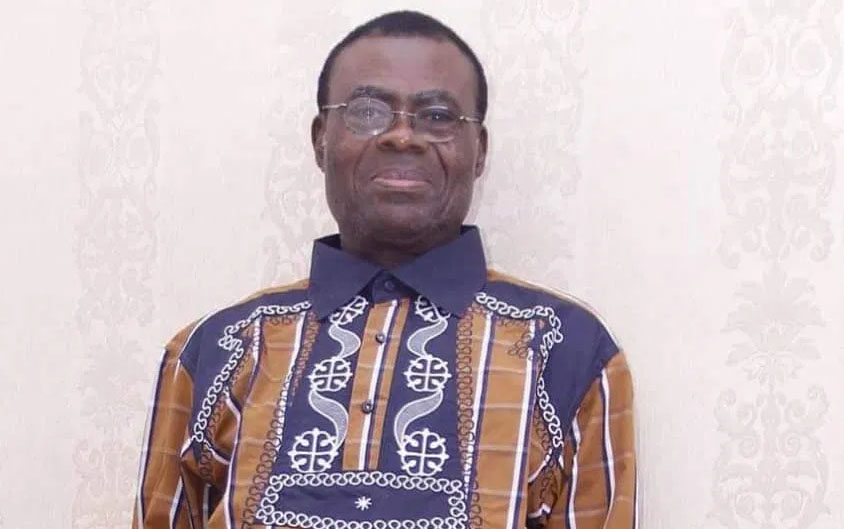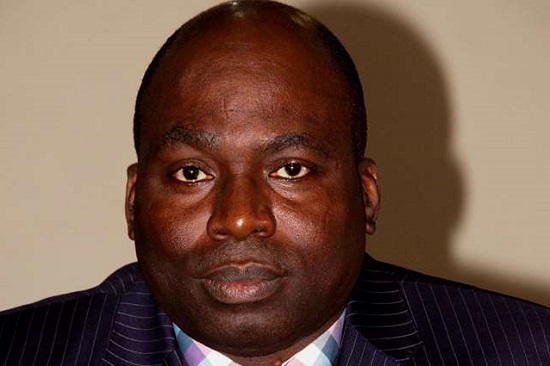BY: Olusola Owonikoko
I was once in a group of young people from several Africa countries in an exchange program in the United States. It was my first time being in a room with young people from over 20 African countries. And everything about them fascinated me, as would those from other continents. You know how we all want to visit the west, without ever seeing, knowing, or exploring our own continent, only to get there and be asked questions about Africa, and then you realized you ever only knew about your country, not Africa.
On this cold Sunday morning, I visited an African church close to where I stayed in the US because I enjoy church tourism when I visit other countries. I visited this West African church and was just in love with the way they spoke English. I didn’t understand much of what was said, and that fascinated me, so much that I rushed back to my group of young Africans, and repeated the words I heard from the church, particularly to my colleague who was from the same country.
Out of excitement, I tried singing the songs from the church a couple of times. Of course, I didn’t get the words or sounds right. Her response was unexpected. She snapped at me, thinking I was making fun of her language. I felt terrible; I guess I had overdone it. That experience never left me and I continually reflected on why I got that reaction.
Many years down the line, as I continued to reflect on what happened, I realized that a possible explanation for it could have been the hidden vulnerability that many Africans feel when we tell our story, or when it is been told. When our stories are told by other people in ways we deem wrong, suppressive, and misrepresentative, something snaps within us.
Advertisement
We tend to react aggressively or submissively, but usually never assertively. When we do this, we assume the position of disadvantage. And usually, we are not to blame. The reaction stems from years of oppression and colonialism, most of which are coded in histories that we never really learnt, but are the recipient of its resulting patterns of behavior.
Sometimes, this can be difficult to talk about. But it is important that we do, if we must address our internal vulnerability and position to narrate our stories assertively, rather than aggressively or submissively. You see, no one wins a battle from a disadvantaged position. The best we would do by aggressive or submissive reaction to misrepresentation of our narrative is to put ourselves in a disadvantaged position.
As we address all forms of neo-imperialism, it is not enough to have great resources. It is important that we study and understand history, to see the patterns that many years of slavery and colonialism has initiated, and how we are actively, though mostly unknowingly, perpetuating those patterns by our actions and inactions.
Advertisement
This includes the things we do to continue to oppress ourselves, and the 21st-century version of imperialism – neo-imperialism. It is necessary to invest in our own communities, and build communal powers – economic, political, cultural and intellectual power. It is also important that we understand that there is always an agenda.
As Africans, we need to address our internal vulnerability, tell our own stories assertively. And when others misrepresent us, address them like we own the stories by being assertive, not aggressively, not submissively. We will never win at another man’s table, as long as we keep going there to negotiate our issues.
We would have to create our own tables, and invite others to come negotiate on it. And doing this would mean that we accept that we have what it takes to develop ourselves. Until then, our vulnerability will haunt us. The solution to Africa is in Africa – Africans.
Owonikoko is a serial-entrepreneur and a trained international development practitioner who has worked on projects by USAID, DfID, World Bank/IFC. He tweets @SolaOwonikoko.
Advertisement
Views expressed by contributors are strictly personal and not of TheCable.
Add a comment
